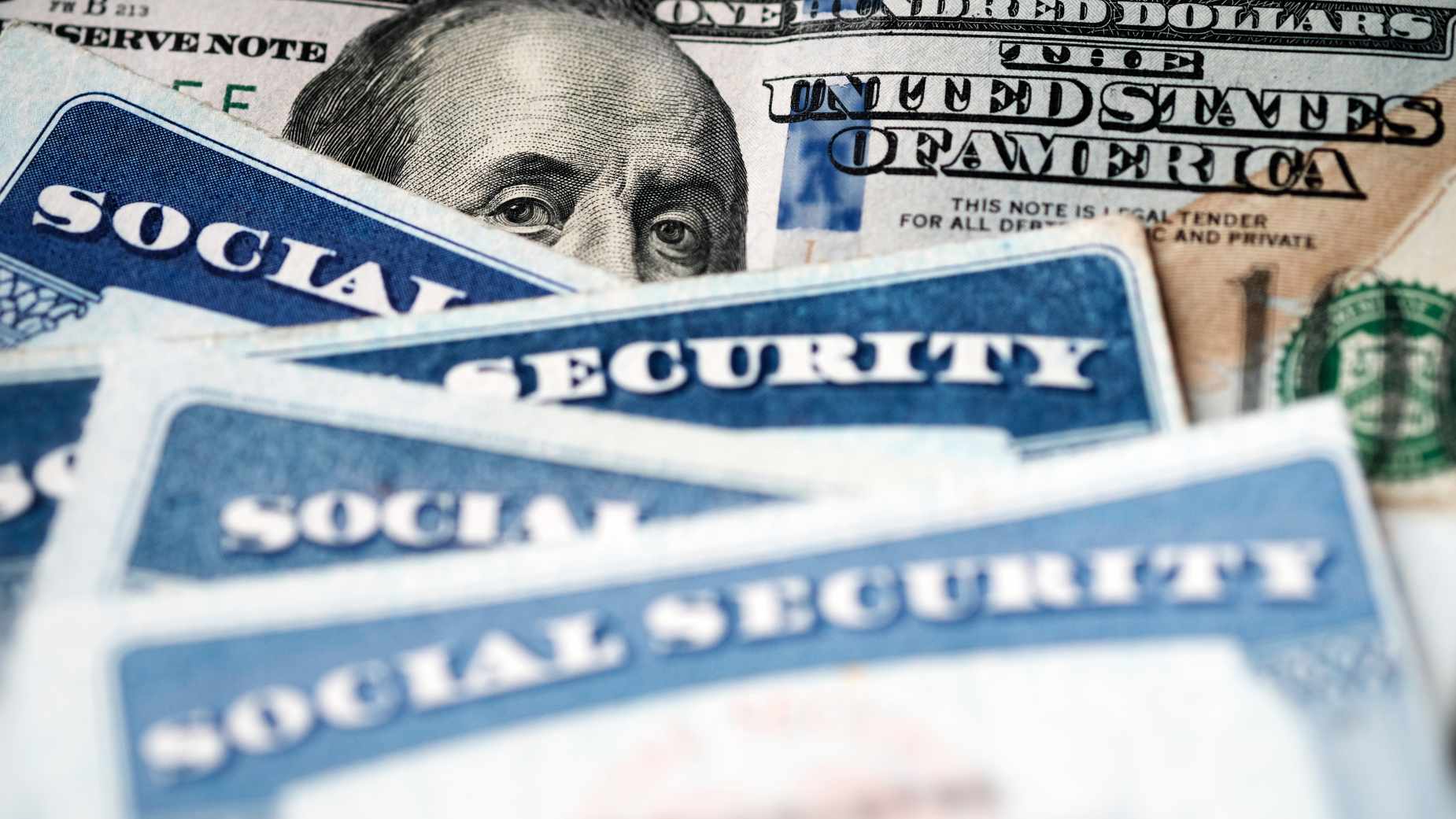The Social Security Administration (SSA) is getting ready to give millions of dollars in monthly benefits to people who are eligible for the retirement program on the third Wednesday.
People over 65 will get a new Social Security payment in their bank account within 24 hours if they have worked enough and paid enough into the system. Supplemental Security Income (SSI) recipients get their money on the first of every month.
On the third of the month, retired workers, survivors, and disabled people who got benefits before May 1997 get their money. In general, the SSA is in charge of sending five sets of payments every month.
If you applied for benefits before this date, remember that tomorrow, no matter what date you were born, you will get a new payment.
Social Security payment to retirees in less than 24 hours
A new Social Security payment will be given to most seniors who have paid into the system for at least ten years, which is the minimum amount of time needed to earn forty credits.
These credits are given to workers after Social Security taxes are taken out of their paychecks.
This monthly Social Security payment is also available to some eligible spouses, children, and, in rare cases, parents of workers who have died. Social Security does more than just help the elderly with their finances.

Seniors usually get a check every month for $1,900, but this can change based on their full retirement age (FRA) and any benefits they earn while working. One example is that a senior can get up to $2,710 if they decide to retire before they turn 67.
Those over 65 can expect to make $3,822 a month if they retire at full retirement age, but $4,873 if they wait until they are 70. In particular, a senior must be at least 62 years old before they can retire.
Social Security payment dates announced for November
As was already said, the Social Security Administration (SSA) sends out five payments every month. On November 20, the federal government will give an extra payment to all Supplemental Security Income (SSI) recipients.
This is after paying November 20th to SSI recipients who applied for benefits after 1997 and November 27th to RSDI recipients do the same. After these payments are made, the SSA will start making payments again on the first of every month.
Because there are so many planned dates for Social Security payments, it can be hard to keep track of them all. Here is a list of all the dates for this month’s payments.
| Social Security programs | Social Security payment date | Social Security payment (Payment method) |
|
November 1st (Wednesday) | RSDI recipients receive their payment in advance as the 3rd falls on a weekend, and SSI recipients receive their regular payment. |
| Survivors, disabled people, and retirees who collected benefits after May 1997 | 2nd Wednesday (Nov. 13th)
3rd Wednesday (Nov. 20th) Advertisement
4th Wednesday (Nov. 27th) |
Day of birth: 1st–10th.
Day of birth: 11th–20th. Advertisement
Day of birth: 21st–31st. |
| Extra SSI payment | Nov. 29th | This extra payment comes as the first of December falls on a Sunday |
Retirees can now make emergency personal cost distributions to IRAs and 401(k)s
Notice 2024-55 from the Internal Revenue Service (IRS) lets people who are victims of domestic violence or who need to pay for personal emergencies get early distributions from their retirement plans without having to pay taxes on them.
The notice says that a taxpayer can take money out of a qualified retirement plan to pay for urgent or unexpected costs related to a serious personal or family emergency.
The notice also lists the restrictions on receiving these payments and lets people repay them to certain plans. It also lets qualified defined contribution plans (like 401(k) plans), annuity plans, IRAs, and government plans receive payments.
It also talks about emergency personal expense distributions for sudden or unexpected financial needs, including how often and how much these distributions will be.
Also, the notice asks for feedback on the notice and says that the IRS and the Department of the Treasury are going to publish rules about the 10% extra tax, including what it does not cover.
When money is taken out early from certain plans, like IRAs, there is no extra 10% tax to pay. These payments are counted as gross income even though they are not taxed.
To report these early payments, people use Line 2 of Form 5329. In 2021, about 608,000 people said that they were not taxed when they took money out of qualified retirement plans early.













Leave a Reply